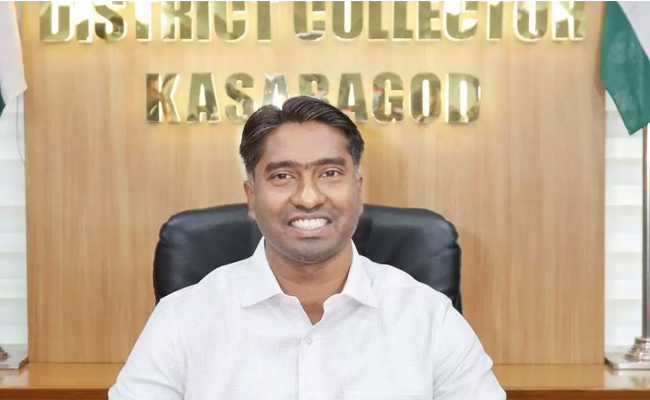Konaje, August 03: Konaje police arrested two persons including the father of a minor girl who is allegedly raped at Pavur in Konaje police station limits, and registered a case under POCSO Act.
The arrested were identified as Hanumantha Laggapura, father of the girl, and Vivek of Killur in Pavur village.
The minor girl hailed from Bagalkot district. Seven years back, her family had migrated from Bagalkot to Mangaluru and stayed at Kamblapadavu. Since last year, they were living in a rented house belonging to Kiran Shetty at Killur. The girl studied upto 9th standard in a local school and when she had been to her native place for summer vacation, she revealed the truth with her aunt that her father was sexually harassing her. In view of this, a case was filed against her father at Bagalkot police station in May and handed over the case to Children’s Welfare department.
After the investigation, the police have transferred the case to Konaje police station in Mangaluru. When the Mangaluru police conducted counseling on the girl, they did not get proper answer. Later, she was subjected to medical check-up and it was confirmed that she was raped. When the Children’s Welfare department again conducted counselling on her, she revealed the name Vivek Shetty of Killur. Based on her information, the police arrested both of them. PSI Ashok P, head constable Sukalatha, police Ashok and Kankanady police station PSI Janaki participated in the investigation.
Let the Truth be known. If you read VB and like VB, please be a VB Supporter and Help us deliver the Truth to one and all.
Mangaluru: A 57-year-old man has allegedly been cheated of Rs 10.55 lakh by online fraudsters who lured him into investing in a so-called digital gold trading platform through Instagram, Deccan Herald reported on Tuesday.
According to the complaint, the victim was browsing Instagram at his residence on November 12, 2025, when he received a message from an account named “Suhani Patel.” The accused initiated a friendly conversation and later persuaded him to invest in the “digital gold market,” promising high returns.
The accused subsequently shared a mobile number and sent a link via WhatsApp, asking the complainant to install an application called “Kanak Daam Exchange.” Following the instructions, the victim downloaded the app and registered.
ALSO READ: Ex-Union Minister K P Unnikrishnan dies at 89
The accused told the complainant that all transactions would be handled through the app’s customer service. Following their instructions, the complainant contacted the customer service through the app and sent a message requesting US dollars in exchange for Indian rupees. He was then directed to transfer money to specific bank accounts provided by the accused.
Trusting the claims, the complainant transferred Rs 1,50,000, Rs 3,45,000 and Rs 5,60,000 in multiple transactions, amounting to a total of Rs 10,55,000.
Subsequently, the app displayed that his total investment had grown to Rs 60 lakh. However, when he attempted to withdraw the amount due to personal financial needs, the request was denied. On contacting customer service, he was informed that he would have to pay 30 per cent of the total amount as “tax” before any withdrawal could be processed.
Growing suspicious, the complainant reportedly consulted officials at Canara Bank, who advised him that it was a fraud and warned him not to transfer any more money. When he confronted the accused, the amount displayed in the app was allegedly reduced to zero, and he was blocked from further communication.
Despite further attempts to contact “Suhani Patel,” the accused allegedly continued to assure him that the lost money would be returned, before eventually blocking him.
The complainant stated that he was cheated between November 12, 2025 and February 27, 2026, and has urged police to take action against the fraudsters.
A case has been registered, and further investigation is underway.





